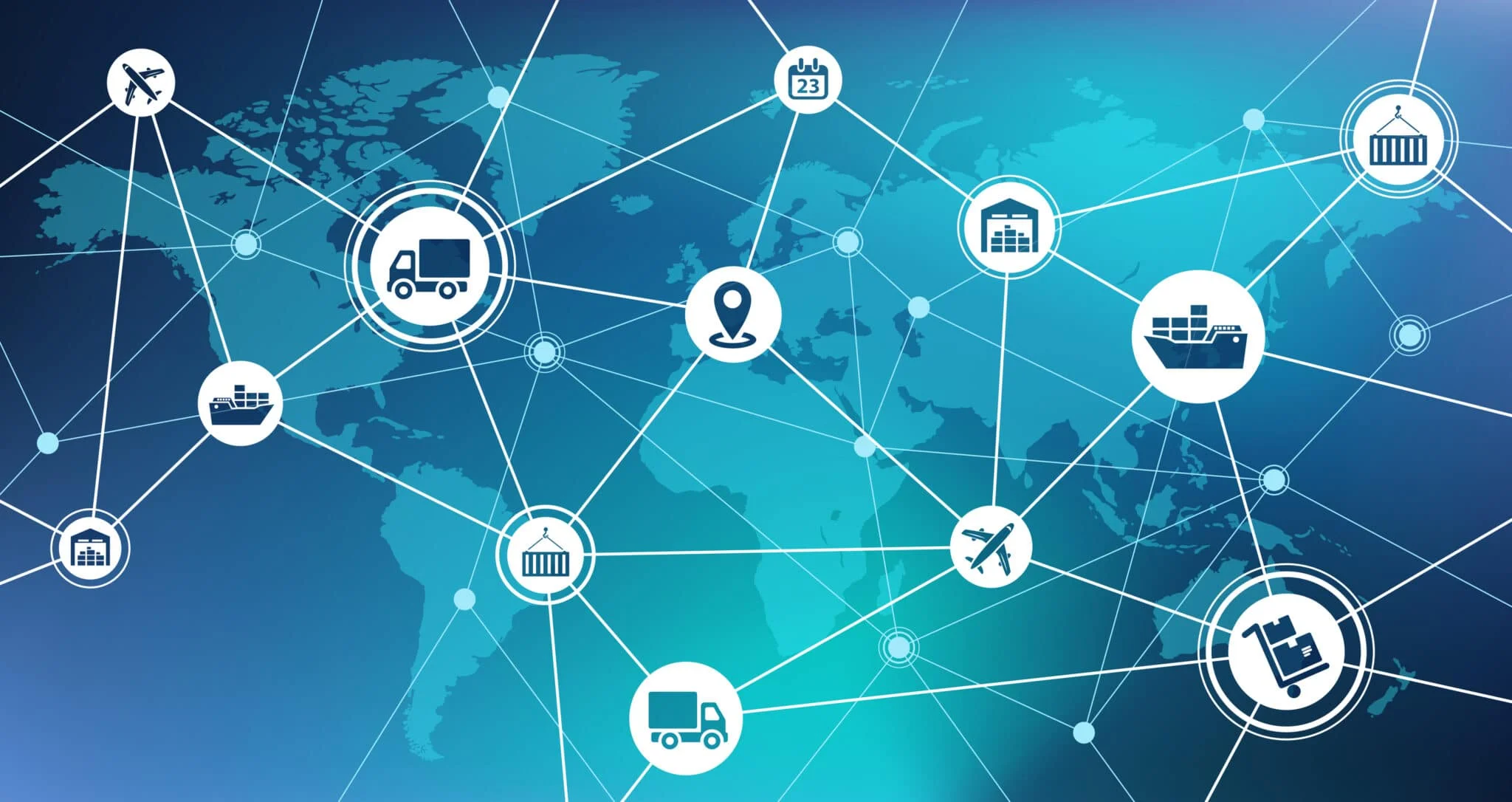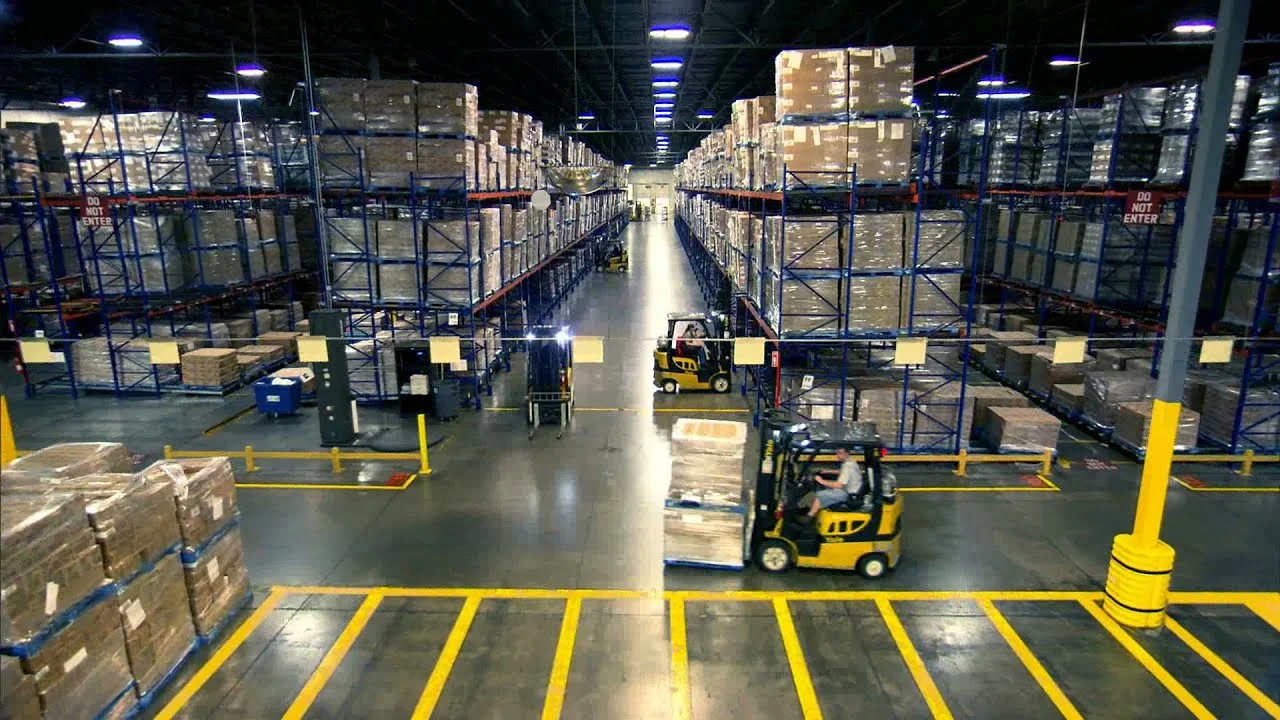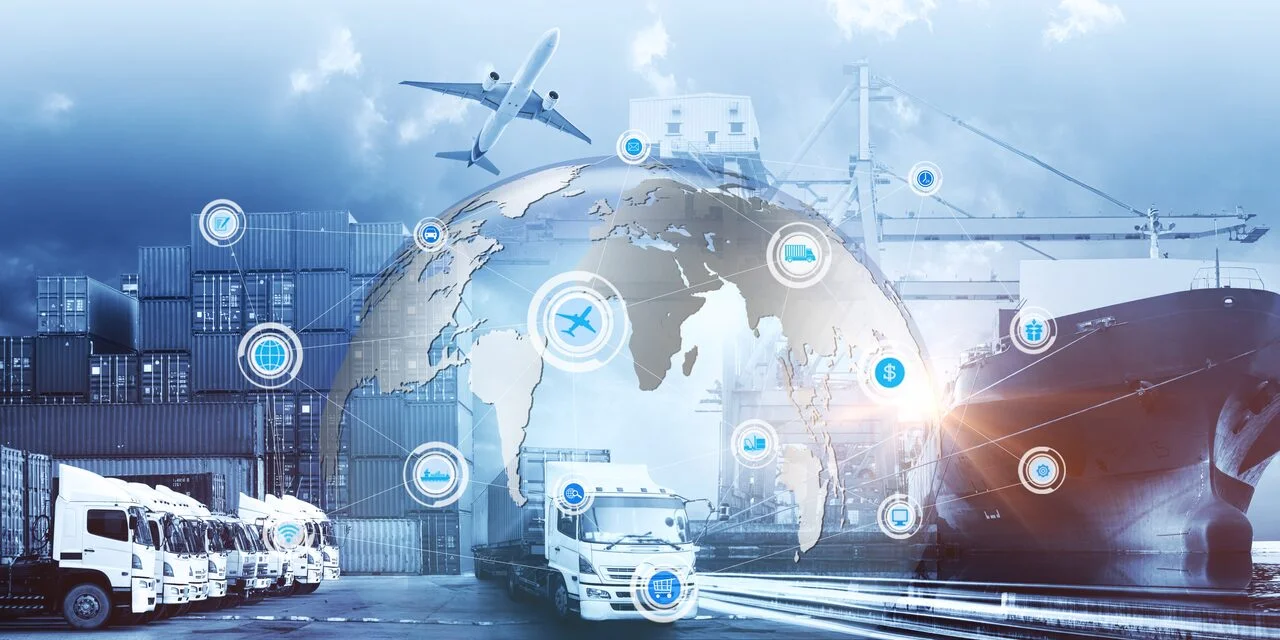Autonomous Delivery Solutions
Drones in Last-Mile Delivery
Drones are no longer a futuristic concept in logistics but are increasingly being deployed for last-mile delivery solutions. Last-mile delivery, the final step in the delivery process from a transportation hub to the customer’s doorstep, is often the most expensive and time-consuming part of logistics.
Drones offer an innovative solution by providing faster, more efficient, and eco-friendly deliveries, particularly in urban areas where traffic congestion can cause delays. Major companies like Amazon and UPS have been experimenting with drone deliveries to streamline their supply chains and offer same-day or next-day deliveries for small packages.
Autonomous Delivery Vehicles
In addition to drones, autonomous delivery vehicles are another breakthrough innovation in logistics. These self-driving vehicles are designed to transport goods without the need for a human driver, reducing labor costs and the potential for human error. Autonomous vehicles can also operate 24/7, improving delivery speed and efficiency.
While fully autonomous vehicles for long-distance freight are still in the testing phase, companies like Waymo and Tesla are actively developing technologies that could revolutionize long-haul logistics in the near future.
Blockchain Technology for Secure and Transparent Transactions
Enhancing Transparency in the Supply Chain
Blockchain technology has the potential to bring greater transparency and security to logistics operations. A blockchain is a decentralized ledger that records transactions in a secure, transparent, and immutable way. In logistics, blockchain can be used to track the movement of goods from the manufacturer to the end consumer, providing a permanent and tamper-proof record of every transaction.
This transparency allows companies to verify the authenticity of products, reduce the risk of fraud, and build trust with consumers. For example, in the food and pharmaceutical industries, where product safety and traceability are critical, blockchain can help ensure that goods are transported and stored in compliance with industry standards.
Streamlining Documentation and Payments
In logistics, paperwork and documentation can often cause delays and inefficiencies. Blockchain technology can help streamline this process by digitizing and automating contracts, invoices, and customs documents. Smart contracts, powered by blockchain, automatically trigger payments and other actions when predefined conditions are met, reducing administrative costs and speeding up transactions.
Blockchain also enables secure, real-time payments between parties in the supply chain, reducing reliance on traditional banking systems and minimizing delays caused by currency conversions or intermediaries.
Sustainability and Green Logistics
Electric and Hybrid Vehicles
Sustainability has become a key focus in logistics as companies seek to reduce their environmental impact. One of the most significant innovations in this area is the adoption of electric and hybrid vehicles for transportation. These vehicles produce fewer emissions than traditional diesel-powered trucks, making them an eco-friendly alternative for short-distance deliveries.
In addition to reducing carbon emissions, electric vehicles also have lower operating costs, as they are less expensive to fuel and maintain. As technology continues to improve, the range and efficiency of electric trucks are expected to increase, making them a viable option for long-haul logistics in the future.
Sustainable Packaging Solutions
Another area of innovation in logistics is the use of sustainable packaging materials. Traditional packaging, often made of plastic, contributes significantly to waste and pollution. Logistics companies are now exploring eco-friendly alternatives, such as biodegradable packaging, recyclable materials, and reusable containers.
Sustainable packaging not only reduces environmental impact but also appeals to eco-conscious consumers who prioritize green practices in their purchasing decisions. By adopting sustainable packaging solutions, logistics companies can reduce waste and contribute to a circular economy.
Conclusion: The Future of Innovation in Logistics
Innovation has undoubtedly transformed modern logistics, making it faster, more efficient, and environmentally friendly. From automation in warehousing to AI-powered route optimization and blockchain for secure transactions, the logistics industry is embracing new technologies to meet the challenges of an increasingly complex and globalized world.
As innovation continues to evolve, the future of logistics will likely see even greater advancements in areas like autonomous vehicles, green logistics, and smart supply chains. Companies that invest in these innovations will be well-positioned to thrive in the competitive landscape, delivering goods more efficiently and sustainably than ever before.
By leveraging the power of innovation, logistics providers can not only meet the demands of today but also prepare for the challenges and opportunities of tomorrow.






